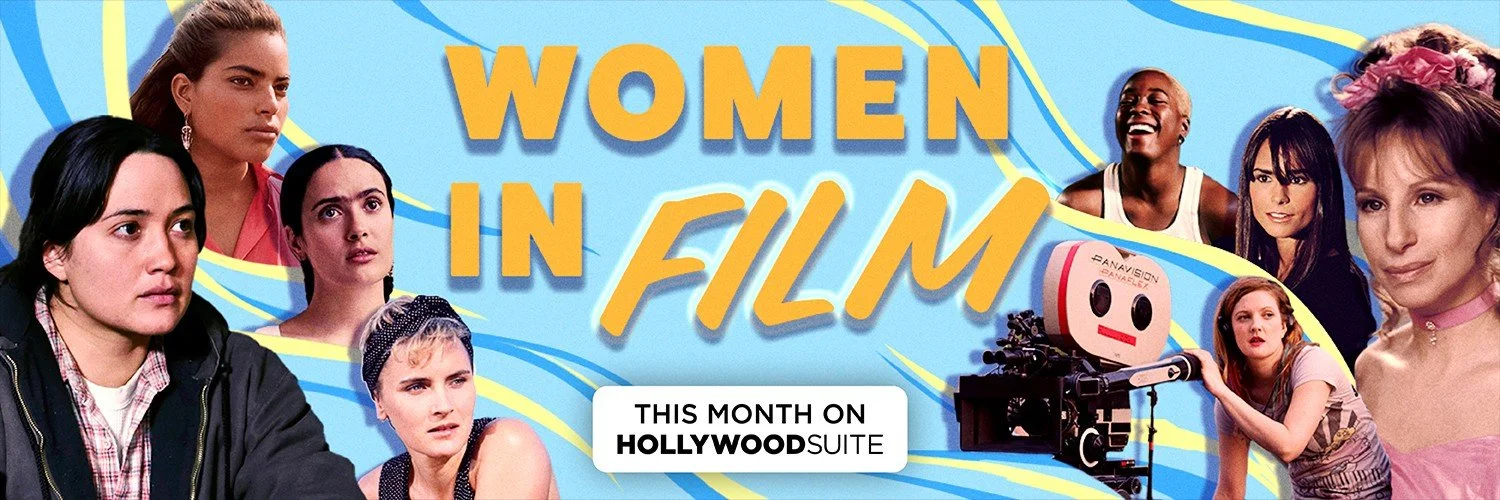One Life: Anthony Hopkins Brings Gravitas (and Tears) to True-Life WWII Story
By Liz Braun
Rating: B+
One Life is a fairly conventional film about Nicholas Winton, a much-loved Englishman responsible for getting hundreds of Czech children out of Prague ahead of the Nazis in 1939.
The material is elevated by affecting performances from Sir Anthony Hopkins and Johnny Flynn — both of whom play Winton at different ages. The story moves back and forth in time between the 1930s and the 1980s.
We meet Winton first as a man of nearly 80 (Hopkins), living near London with his wife Grete (Lena Olin). It’s 1987. Winton’s home office and his garage are jammed with boxes of files related to his work during the war; he’s a bit of a packrat.
The time has come to get rid of the boxes and recover some space in the house, but Winton doesn’t seem to relish the job. He opens drawers and looks through some of the bits and bobs he has held onto over 50 years.
The story then moves back in time to 1938 and presents Winton as a young man (Flynn) visiting Czechoslovakia. He wants to see for himself how the refugees who fled to Prague are faring.
Refugees flooded into the city after the German annexation of Sudetenland earlier that year and are living in appalling conditions, cold and hungry. Winton is particularly concerned for the welfare of the children and decides to help get as many to England and to safety as he can.
That proves to be a hugely complicated task involving visas, willing foster parents and money on the UK side; his colleagues in Prague (Romola Garai and Alex Sharp) don’t believe it can be done. But Winton, with help from his formidable mother in England (Helena Bonham Carter, here stealing every scene she’s in), prevails.
Read out interview with One Life director James Hawes
Flynn is understated and believable as the young Winton, quietly determined to find a way to get children out of harm’s way. Scenes at the Prague station, as refugee children finally board trains that will take them to safety, are wildly anxiety-provoking — any number of wartime exigencies might still stop the entire undertaking — and they are heartbreaking, as the departing children must say goodbye to the parents and siblings they are leaving behind.
Fifty years later, those severed families are still on Winton’s mind. So are the children he could not rescue. He does not dwell on the 669 children he did rescue.
As he clears out all the war-related material from his house, he comes across a scrapbook with photos of the children he saved. Winton resolves to do something useful with the scrapbook, as it’s a record of every child he helped get out of Czechoslovakia. Maybe a museum would take it.
The scrapbook finds its way to Elizabeth Maxwell, wife of Czech-born British media tycoon Robert Maxwell, and through her connections, Winton’s story is finally told on a popular British TV show.
One Life is slow, old-fashioned storytelling. Both Hopkins and Flynn work to keep things tethered; children in peril are subject material that leans easily into the maudlin, but that’s avoided here, mostly courtesy of these performances.
That’s not to say the film won’t leave most viewers in an absolute flood of tears.
There is real-life footage online of Sir Nicholas Winton appearing on the British TV show That’s Life and it’s footage familiar to many people. You might assume having seen it immunizes one against public weeping at a One Life screening. It does not.
One Life. Directed by James Hawes, written by Lucinda Coxon, Nick Drake, and Barbara Winton. Starring Anthony Hopkins, Johnny Flynn, Helena Bonham Carter, and Lena Olin. In theatres March 15.



